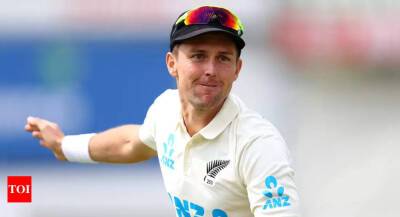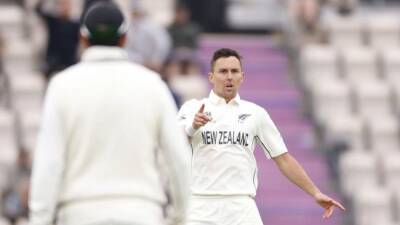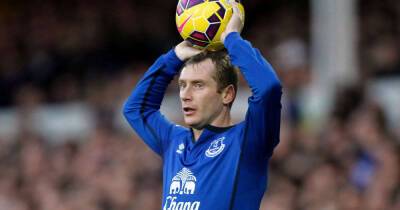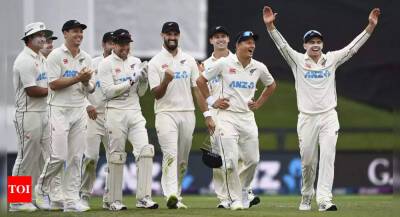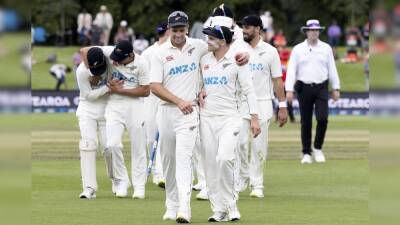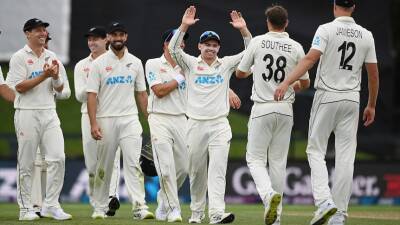Africa Cup of Nations: South Africa’s 1996 triumph and its role in post-apartheid change
The 1996 Africa Cup of Nations was not supposed to take place in South Africa.
Kenya were the designated hosts but 14 months before the tournament they pulled out, saying it would cost six times more than they had expected. So in November 1994, the Confederation of African Football had to look elsewhere.
Earlier that year, in April, Nelson Mandela had been elected president in the first democratic elections in South Africa's history.
The country's football team had only recently returned to the international stage, being re-admitted to Fifa following the formation of a new multi-racial football association in 1991 as the apartheid system began to be demolished.
South Africa were chosen as replacement hosts. But they were never expected to win it. In fact, early results after their 1991 readmission were so bad they reduced their FA's general secretary Solomon Morewa to tears.
The Africa Cup of Nations (Afcon) would be different. The transformative events of the 1990s that dismantled more than three centuries of white rule in South Africa also swept up football with its unstoppable momentum.
The story of the country's astonishing Rugby World Cup win as hosts in 1995 is well known.
But according to those who represented the young democracy in the Afcon of 1996, this victory had an even bigger impact.
Cameroon were South Africa's first opponents. On 13 January 1996, they met at Soccer City stadium just outside Soweto, where 20 years earlier thousands of students had protested against white-minority rule, with hundreds killed in the police response.
Neil Tovey was 33. A defender with domestic side Kaizer Chiefs, he had made his international debut just after his 30th birthday, in July 1992. That was in his country's first match as



